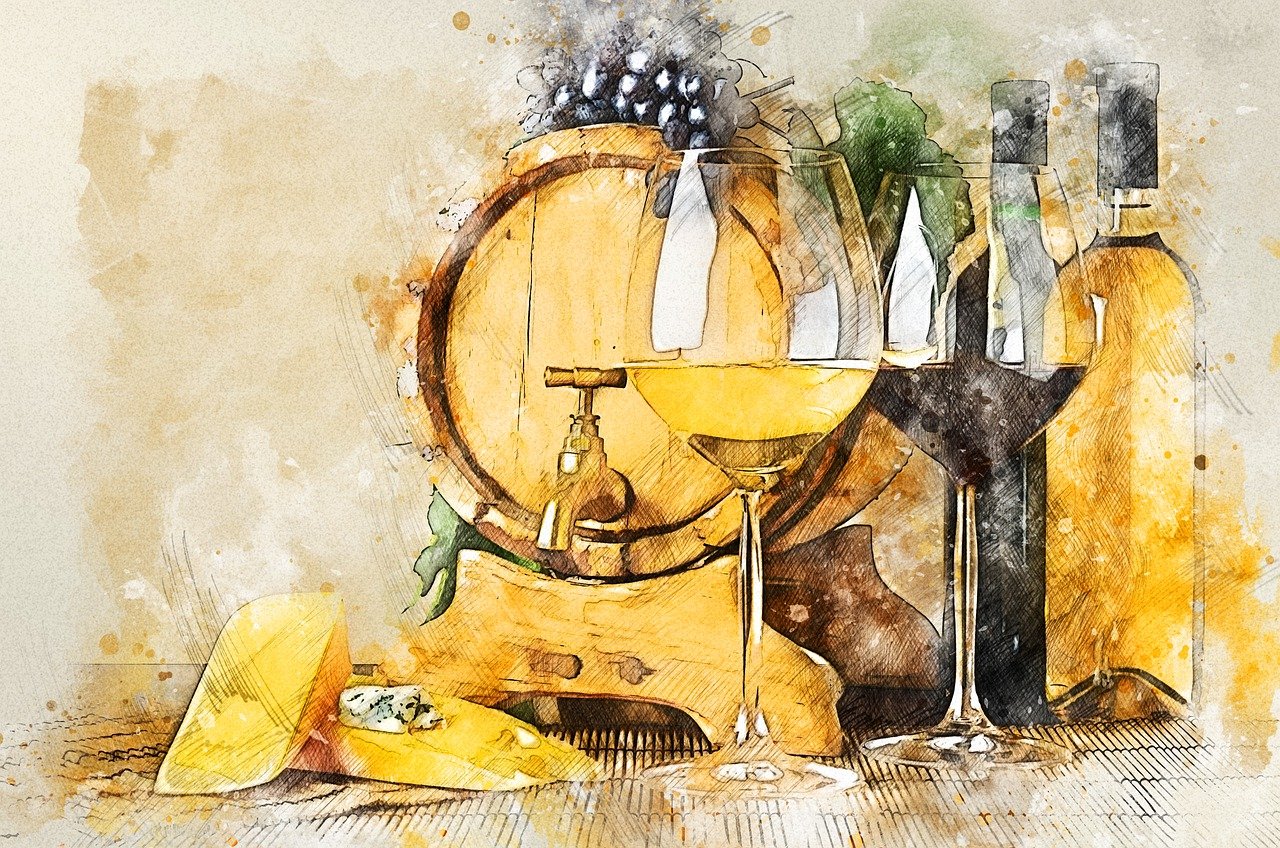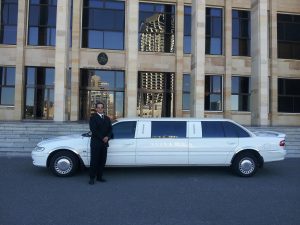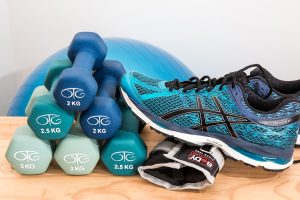A good wine cellar Brisbane contractor can help you create a custom wine cellar that meets all your needs. They can also advise you on the best materials for your cellar. They can even build the cellar in your home.
The ideal cellar temperature is constant, and humidity should be controlled. A standard air conditioner is not designed to manage these conditions, and can cause temperature fluctuations that will damage your wine.
Customisation
A quality wine cellar will provide you with the proper environment for long term storage. The best cellars mimic the conditions inside a real cave and will keep your bottles at a cool temperature without too much humidity. You can choose from our wide range of design options to find the perfect fit for your collection and home design.
A wine cellar contractor will be able to work with you to determine the right location, size and configuration for your cellar. They will also ensure that the wine cellar complies with local building codes and regulations. They will also help you determine the correct climate controls for your cellar, including temperature and humidity.
The best custom wine cellars are insulated, and the doors should be double-glazed with an argon-filled portion between the panes to prevent condensation. They should also be constructed from a material that will not deteriorate over time, such as stainless steel.
Many Australian homes have unused spaces that can be converted into a wine cellar, such as a space beneath the stairs or a spare bedroom. A good wine cellar company will be able to turn these spaces into a wine-lovers’ haven with customisable shelving, racking and multiple fridges. They can also incorporate wine-related accessories such as lighting and bar spaces to create a space that will impress and delight guests.
Climate Control
A cellar needs to be properly insulated and designed to provide the right climate. A standard air conditioner will not be able to cope with the consistently cool temperature needed for wine, or maintain humidity levels. A wine cellar conditioner will do all of this and more, ensuring that the wine can be enjoyed to its full potential.
It is also important that the wine cellar is located in a cool, dark place and is not facing any direct sunlight. This will ensure that the wine is protected from any UV rays which can cause oxidation and reduce its quality. The right insulation will help to keep the cellar at a constant temperature and prevent the wines from getting too warm during the hot Australian summers, as well as protecting them from any colder temperatures that can occur in winter.
Wine cellars should be insulated with either an MR sheetrock or a high-grade thermal barrier. It is important that these are correctly installed by a qualified HVAC professional. If the cellar is not insulated adequately, then it will overwork the wine cellar conditioning unit and can lead to condensation, mildew, mold, or rot. This can void the warranty on the system and shorten its lifespan. Humidifiers are also available for ducted wine cellar air conditioning systems and can be used to increase humidity in the cellar, increasing the lifespan of the bottles and preventing them from cracking or becoming brittle.
Lighting
Lighting is a crucial element of any wine cellar design. It can be used to create a specific atmosphere, and it can also highlight wine racks, artwork, and other decorative elements. The right lighting will help wine achieve its optimum taste and texture. It should also be designed to protect the bottles from harmful UV rays, which can accelerate the aging process and change the color of wine.
A popular option for lighting in a wine cellar is LED backlighting. This type of lighting creates a dramatic effect and can illuminate the contours of the bottle, bringing out its colour. It is ideal for a dark cellar, as it can prevent the wine from becoming “light-struck.”
Another great way to add light to a wine cellar is with recessed lighting. This is often a good choice for smaller wine cellars, and it can be integrated into the joinery to give a sleek and minimal look. In addition, a directional downlight such as the Minim or Polespring 30 can be used to highlight textured surfaces such as stone.
Alternatively, chandeliers and ceiling lights can be installed to provide a more dramatic and elegant ambiance. These fixtures are a great way to enhance the upscale aesthetic of a wine cellar, and they can be used to create an enchanting atmosphere.
Accessibility
A wine cellar is more than just a storage space; it should be a comfortable and functional place for enjoying a glass of wine with family or friends. It can also be a space for education and research into different wines. If you’re planning on using your wine cellar for entertainment, you may want to consider incorporating seating and a sound system. You’ll also need to consider a wine-serving area and storage for bar tools and glassware.
Another important consideration is the type of racking you’ll use. There are many options available, from metal to premium woods. You’ll want to choose a material that will protect the bottles and keep them upright. You’ll also need to consider the height of your shelves and racks so you can reach all areas of the cellar easily. If you need to install a rolling ladder, choose one that can support your weight and is designed to be safe for climbing.
Finally, make sure your cellar is properly insulated. A good insulation is plywood, which can withstand humidity. A wine cellar should also be away from sunlight and other sources of heat, as it can affect the quality of the wine. Sunlight can also emit damaging ultraviolet radiation, which can alter the riboflavin and pantothenic acid in the wine. This can lead to unpleasant tasting wine.








